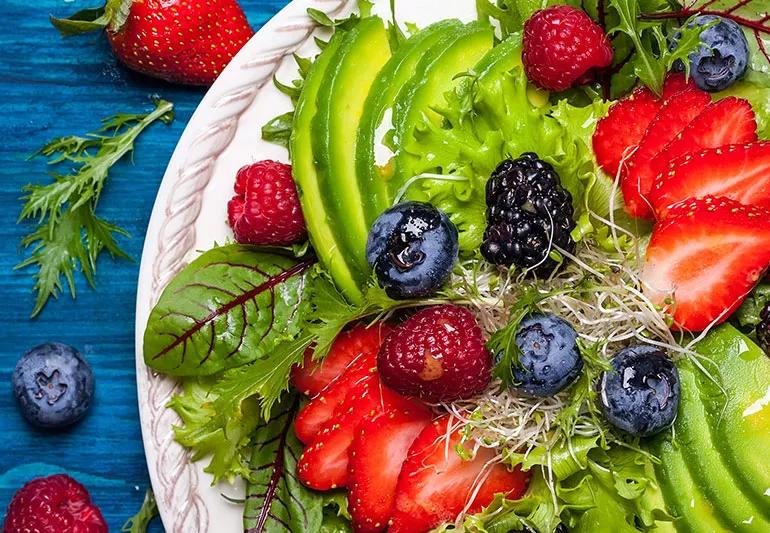Study: Adding fiber has big benefits

Pears. Oatmeal. Popcorn. Artichokes. Most of us have probably heard at one time or another that we should eat more fiber. But now a recent study shows that adding fiber to your daily diet can benefit your health in a big way.
Advertisement
Cleveland Clinic is a non-profit academic medical center. Advertising on our site helps support our mission. We do not endorse non-Cleveland Clinic products or services. Policy
The study looked at data on 4,635 adults from 185 prospective studies.
Researchers found that people who ate between 25 and 29 grams of fiber per day saw a 15 to 30% decrease in their risk of developing heart disease, diabetes and colon cancer.
“Americans are getting, on average, about 12 and a half grams of fiber each day, which isn’t enough,” says wellness expert Michael Roizen, MD, who did not take part in the study. “This study showed a sizeable reduction in health risks from getting at least 25 grams (or double the average intake) of fiber.”
The study also showed people who ate higher amounts of fiber ― found in foods such as fruits, vegetables and whole grains ― also had lower blood pressure, lower cholesterol and lower body weight.
One easy way to add more fiber to your diet? Use your refrigerator, Dr. Roizen says.
Previous research shows carbohydrates, like pasta or sweet potatoes, can become more fiber-like by putting them in the refrigerator overnight. When cooled, these carbs become resistant starch, and in turn, create a smaller spike in blood sugar when eaten the next day.
Eating naturally fiber-rich snacks like raspberries, strawberries, avocados and walnuts is a good way to get more fiber in your diet.
Advertisement
And whenever there is an opportunity to swap enriched white bread for 100% whole-grain bread, Dr. Roizen says: “Go for it!”
“Replace low-fiber foods with high-fiber foods, and you can painlessly improve your health ― who knew it was so easy?” he says
Complete results of the study can be found in The Lancet.
Advertisement

Sign up for our Health Essentials emails for expert guidance on nutrition, fitness, sleep, skin care and more.
Learn more about our editorial process.
Advertisement

The tropical fruit is a good source of antioxidants and vitamin C

High amounts of cholesterol and saturated fat in red meat may be linked to heart disease

The leaves and pods from this tree are rich in essential nutrients

This starchy root vegetable is a staple in many global cuisines — but it has to be prepared correctly, or it can cause serious concerns

These delicate green sprouts can give you an extra dose of vitamin K and other nutrients — but they’re not safe for everyone

Edamame, lentils and chicken breast are good sources of protein

Eating this root vegetable can help support your eye, heart and brain health

The flavorful herb is full of antioxidants that may help regulate blood sugar

Even small moments of time outdoors can help reduce stress, boost mood and restore a sense of calm

A correct prescription helps your eyes see clearly — but as natural changes occur, you may need stronger or different eyeglasses

Both are medical emergencies, but they are very distinct events with different causes